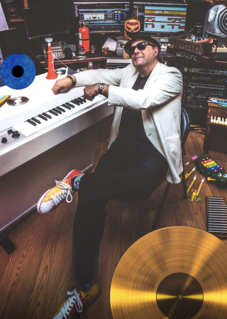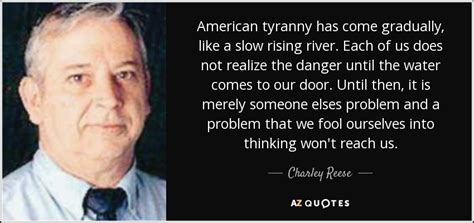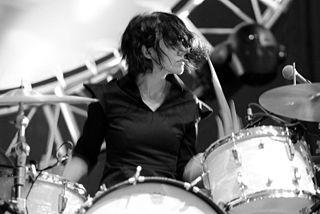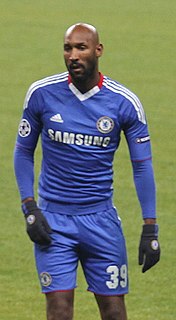Цитата Кристофера Янга
«Sinister» — это моя первая партитура, в которой вообще нет оркестра. Есть традиционные инструменты, которые я сэмплировал, а затем манипулировал ими, так что вы даже не узнаете источник.
Связанные цитаты
Мозг — это больше, чем набор автономных модулей, каждый из которых имеет решающее значение для определенной умственной функции. Каждая из этих функционально специализированных областей должна взаимодействовать с десятками или сотнями других, их полная интеграция создает нечто вроде чрезвычайно сложного оркестра с тысячами инструментов, оркестра, который сам себя дирижирует, с постоянно меняющейся партитурой и репертуаром.
Тебе больше не нужно страдать. Вы достаточно страдали, чтобы дойти до того момента, когда вы слышите слова «Тебе больше не нужно страдать» и понимаете их. Вы признаете их истину, и тогда вы видите, что у вас действительно есть выбор, что вы можете сдаться таковости настоящего, что означает каждое мгновение отказываться от сопротивления и, если оно все еще возникает, признавать его.
Прежде всего, вы должны быть готовы к тому, чтобы вами манипулировали, потому что вы можете признать это в своем режиссере, а затем бороться с этим, потому что вы им не доверяете, но я не позволю им манипулировать мной. Или вы думаете, что они что-то нащупали и что они манипулируют вами, что-то интересное и новое.
Если американцы хотят сохранить страну, которую они признают, то первый шаг — признать врага. Государственное образование – враг. Индустрия развлечений — враг. Корпоративная культура – враг. Рекламная индустрия — враг. И большинство политиков в обеих партиях враги. Враг определяется как любой человек или любая организация, которая нападает на традиционные верования американцев.
В старших классах я играл в оркестре, но по-настоящему начал, когда мой друг, барабанщик, показал мне кое-что. Я всегда был просто очарован барабанами, это был инструмент, к которому меня всегда тянуло. Мой слух как бы обращался к ритмическим аспектам музыки и песен. Но он действительно был отправной точкой, с которой я начал играть на ударных установках; как я уже сказал, я был первым в оркестре, и сначала я играл на оркестровых малых инструментах и молоточках.
Студии часто очень нервничают из-за вещей, которые они не распознают, под которыми я подразумеваю вещи, которые не были сделаны раньше, и поэтому они берут действительно оригинальную идею, и они признают оригинальность, а затем пытаются заставить ее выглядеть как то, что они узнают. Поэтому они пытаются превратить это во что-то гораздо более процедурное.








































